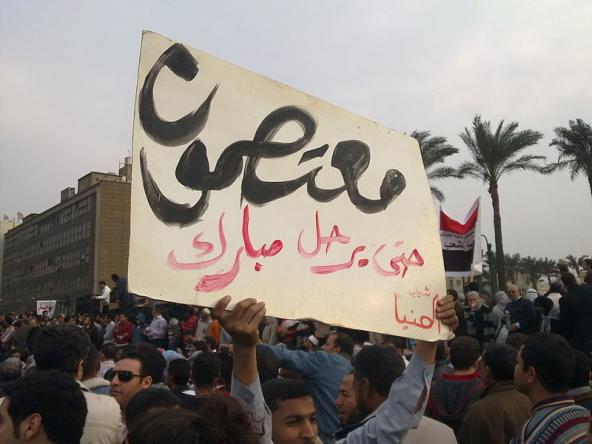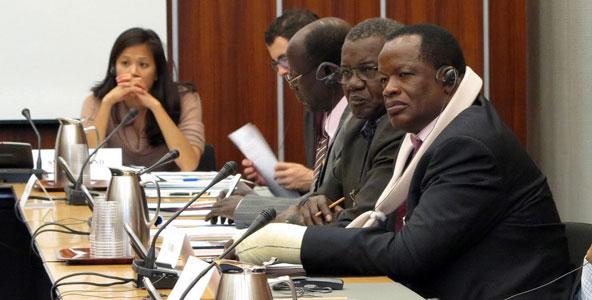
Will Arab revolutions bring new hope for abolition?
MENA
Many Arab nations have abstained from using the death penalty for years or even decades. Yet the possibility of official abolition in most of those countries seemed far-fetched, if not fanciful.
Although it also strongly discourages the death penalty and encourages other means of resolution, the Koran does sanction the practice in certain cases. This has been the backbone of retentionist argument throughout the Arab world.
Hope and frustration for Arab abolitionists
There were some hopes a few years ago that abolition might gain traction in the Arab world.
The governments of Jordan and Syria made noises about considering abolition, or at least limiting the use of the death penalty. Morocco, Algeria and Lebanon all went as far as debating abolition bills in their parliaments.
But all three of the bills ultimately failed due to religious opposition and fears of encouraging terrorism. “The fight against terrorism renders it necessary to maintain the death penalty,” commented an Algerian official in 2009.
Countries that were abolitionist in practice have also slid back into their former habits, according to the Arab Observatory on the Death Penalty. Mauritania executed several Al Qaeida operatives in 2010, and fears of Israeli spying have stoked the public’s enthusiasm for executions in Lebanon.
“Lebanon has legitimate security concerns but resuming executions is wrong and will not make the country safer,” commented Nadim Houry, Beirut director at Human Rights Watch.
Further, the Arab Charter on Human Rights, ratified by Arab nations in 2008, still permitted child executions in certain situations. This led the UN High Commissioner for Human Rights Louise Arbour to issue a statement that the UN “does not endorse these inconsistencies”.
As of January 2011, the only fully abolitionist Arab territories were Djibouti and the Western Sahara, which is not officially independent.
Political waves bring new faces on the scene
But with the revolutions in Tunisia and Egypt, and important social movements in several other Arab states, the debate about the death penalty may well get a fresh look from a new set of faces.
Following the departure of President Ben Ali, rumours began to surface in February of this year that Tunisia would sign all the current conventions on human rights, including the Protocol on the abolition of the death penalty. No official steps have so far been taken, but it may indicate that the new government is ready for a serious change in course on the question.
Egypt, one of the Arab world’s most frequent users of the death penalty, has just overwhelmingly passed a referendum limiting presidential powers, and will soon have its first meaningful elections in 30 years.
Several possible presidential candidates, among them Mohammed Al Baradei and Amr Moussa, have strong records defending human rights.
However, the Egyptian government’s recent retreat from UN General Assembly resolution 65/206 calling for a moratorium on the use of the death penalty indicates there is still a long way to go.
The long-term effects of these social movements are hard to predict, but at the very least, they may well open up the way for dialogue and debate over human rights issues such as the death penalty.
Governments in Algeria, Yemen, Syria and elsewhere are facing huge pressure to lift their decade-long states of emergency, which have stifled freedom of speech for generations of Arabs.
An opening up of the political space could at the least give abolitionist groups the chance to present their ideas and see them debated openly and without fear of reprisal.
Photo: Essam Sharaf






